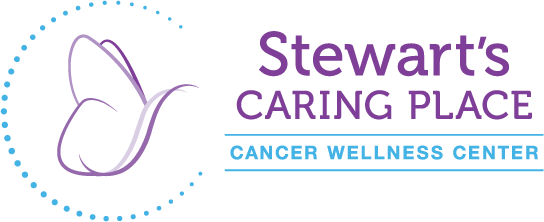Support Groups & Counseling
Support groups encourage conversation and understanding for those who are newly diagnosed or in treatment, those who have completed treatment and those supporting loved ones along their cancer journey. Attend in person or virtually.
Family/Individual Counseling
Our team will connect you with opportunities for one on one counseling based on you or your family’s unique needs. Contact us to find out more.
Ann Amer Brennan Caregiver Support Group
Education and emotional support for those helping someone through any stage of their cancer journey. This group is open to caregivers only.
Coping with Cancer
For individuals diagnosed with any type of cancer who are interested in participating in group discussions about coping strategies, approaches to navigating your cancer journey and building connections. This group is not recommended for Caregivers.
Gynecologic Support Group
A safe space for those seeking to share experiences and build a support system with others who are diagnosed with gynecologic cancers.
This group will meet at Stewart’s Caring Place on the first Tuesday of each month at 5:30pm.
Participation virtually is also available.
Grief Support Group
An ongoing, supportive and expressive space open to adults who have lost a loved one to cancer.
Lung Cancer Support Group
Receive support, education and join a larger conversation about the emotional and physical challenges of lung cancer.
Prostate Cancer Support Group
A speaker-led series providing education and support to assist in the prostate cancer diagnosis, treatment, and recovery process.
Spirituality & Cancer
A conversational support group format exploring spiritual approaches to coping with cancer.
Elana’s Blessings Breast Cancer Support Group
Build your emotional support system with fellowship and breast health education in a caring and safe space to share experiences and concerns.
Elana’s Blessings, a non-profit dedicated to helping improve the self-esteem and quality of life of women battling cancer. is proud to sponsor our Breast Cancer Support Group.
